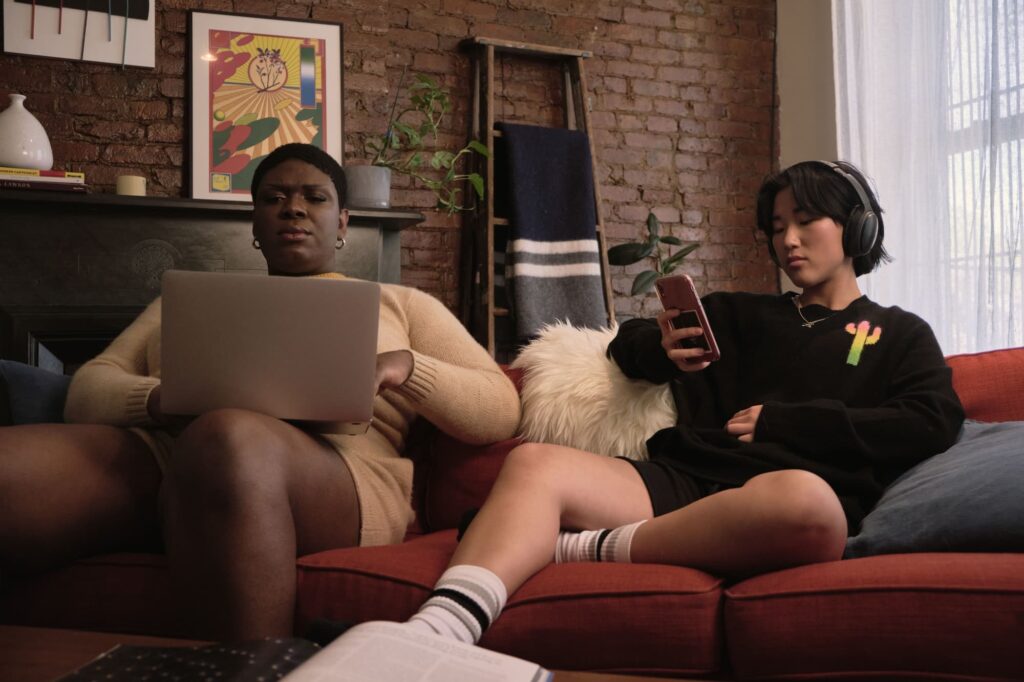This month we are celebrating Pride Month and LGBTQ+ communities around the world.
A short history of Pride
The first London Pride event was held in 1972 and was attended by 2000 people. The parade took place on the anniversary of the Stonewall riots that took place in New York City in 1969, after police attempted to raid the Stonewall Inn, a popular gay bar. The Stonewall riots went on to be remembered as a turning point for LGBTQ+ rights.
Last year marked the 50th anniversary of the first Pride march in the UK, which was attended by 2000 people. This year’s London Pride Parade will take place on 1st July and closer to home, Southampton Pride returns for its 8th year on 26 August.
Prejudice, discrimination, bullying and rejection
We live in a society that gives preference to cisgender and heterosexual people and LGBTQ+ people throughout the UK are frequently marginalised. Despite the legalising of homosexuality in 1967, the LTBTQ+ community still experience prejudice, discrimination, bullying and rejection because of their sexuality. Homophobic bullying in schools and the workplace and gay adoption rights are just some of the many challenges faced.
Mental health statistics
Although not all LGBTQ+ people experience mental health issues, studies have consistently reported the community is disproportionately affected by mental health problems and suicide. A report by Stonewall in 2018 based on YouGov research with 5000 lesbian, gay, bi and trans (LGBT) people across England, Scotland and Wales revealed that:
- Half of LBGBT people (52%) experienced depression in the last year
- One in eight LGBT people aged 18-24 (13 per cent) said they’ve attempted to take their own life in the last year.
- Almost half of trans people (46 per cent) have thought about taking their own life in the last year, 31 per cent of LGB people who aren’t trans said the same.
- LGBT people face widespread discrimination in healthcare settings
- One in seven LGBT people (14%) avoid seeking healthcare for fear of discrimination from staff.
How counselling can help
Counselling can provide a safe and non-judgemental space for LGBTQ+ people to work through experiences regarding sexuality and gender identity without judgement, often for the first time.
At Mindspace, we’re committed to providing affordable community counselling that is LGBTQ+ informed and our counsellors are trained around LGBTQ+ identities and issues. Our counsellors support people with relationship difficulties, anxiety and depression, self-esteem, coming out and gender and sexual identity issues.
Mindspace also provides training opportunities for trainee and experienced counsellors to continue their professional development. We still have spaces for our forthcoming online workshop on Gender and Sexual Diversity and you can register here.

